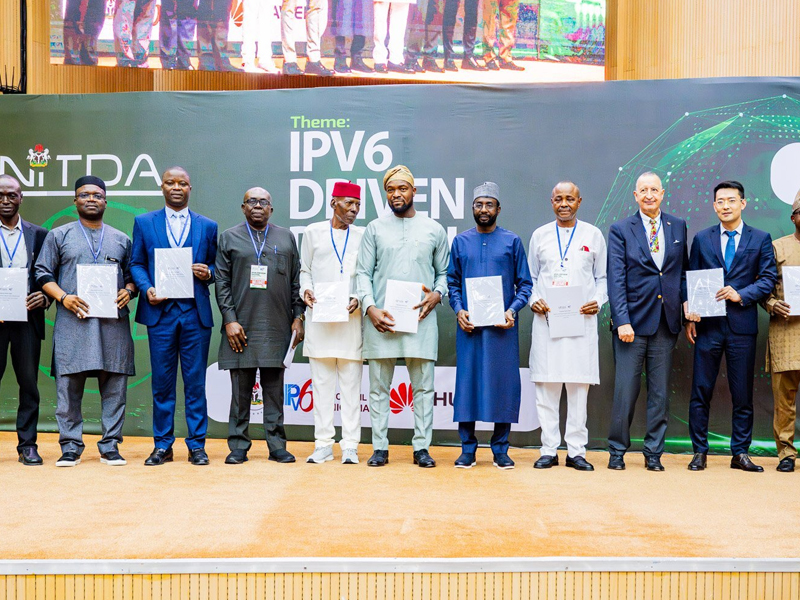
Nigeria is set to advance its internet infrastructure by adopting IPv6, the latest Internet Protocol version, to improve tracking of internet users and transactions, and to bolster national cybersecurity. Dr. Bosun Tijani, the Minister of Communications Innovation and Digital Economy, announced this at the IPv6-Driven Digital Infrastructure Summit organized by the National Information Technology Development Agency (NITDA) in Abuja.
Dr. Tijani emphasized that IPv6 would facilitate the identification of online transaction users, enhancing both security and proper use of the internet. “The IPv6 protocol is crucial for online transaction identification and ensuring that the system is not misused,” he said. He noted that while IPv6 is standard globally, only a few countries have fully adopted it, with Nigeria now becoming one of the pioneers in Africa.
The minister highlighted that IPv6 would help service providers offer better services, improve system security, and maintain service availability by better tracking internet traffic. “Some companies are already using IPv6, and we aim to make it the standard for all critical digital services,” he added.
Latif Ladid, President of the IPv6 Forum, praised Nigeria’s leadership in internet usage, noting that the country is among the top in the world for internet penetration. He explained that IPv6 provides a vast address space—340 trillion trillion addresses—solving the limitations of the current IPv4 protocol and preparing for future internet growth.
Ladid also outlined the benefits of IPv6, including enhanced peer-to-peer communication and direct transactions between users, which will reduce cyberattacks and strengthen cybersecurity. He mentioned ongoing discussions between NITDA and Finland’s Straficom to collaborate on advanced cybersecurity measures, underscoring Nigeria’s commitment to leading in internet protocol advancement.
NITDA Director General, Kachifu Abdullahi, assured that implementing IPv6 would be cost-effective due to the compatibility of most modern devices. However, he acknowledged the need for strategic policy direction to facilitate the transition, especially as some operators might resist due to the required changes in configurations.